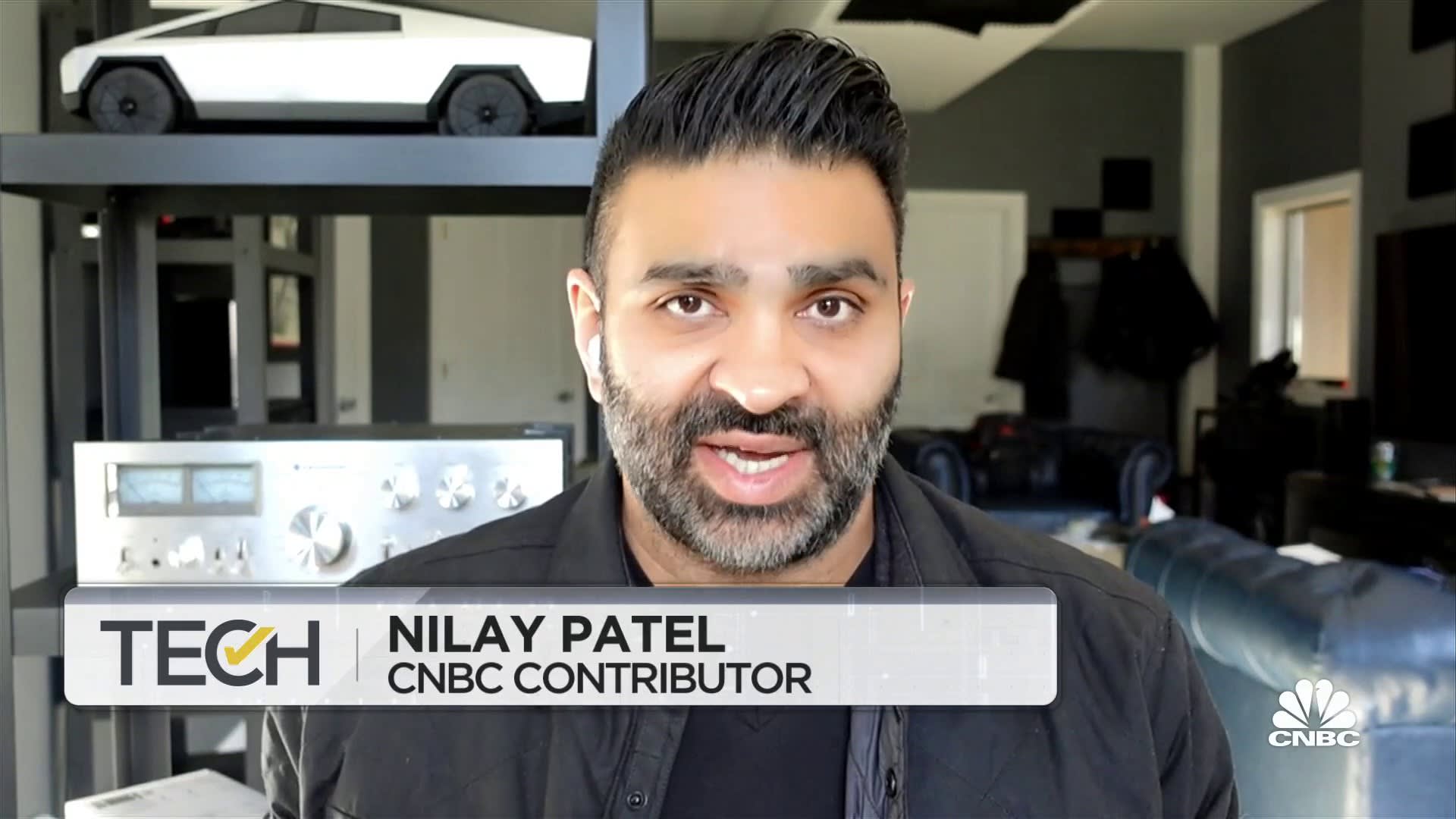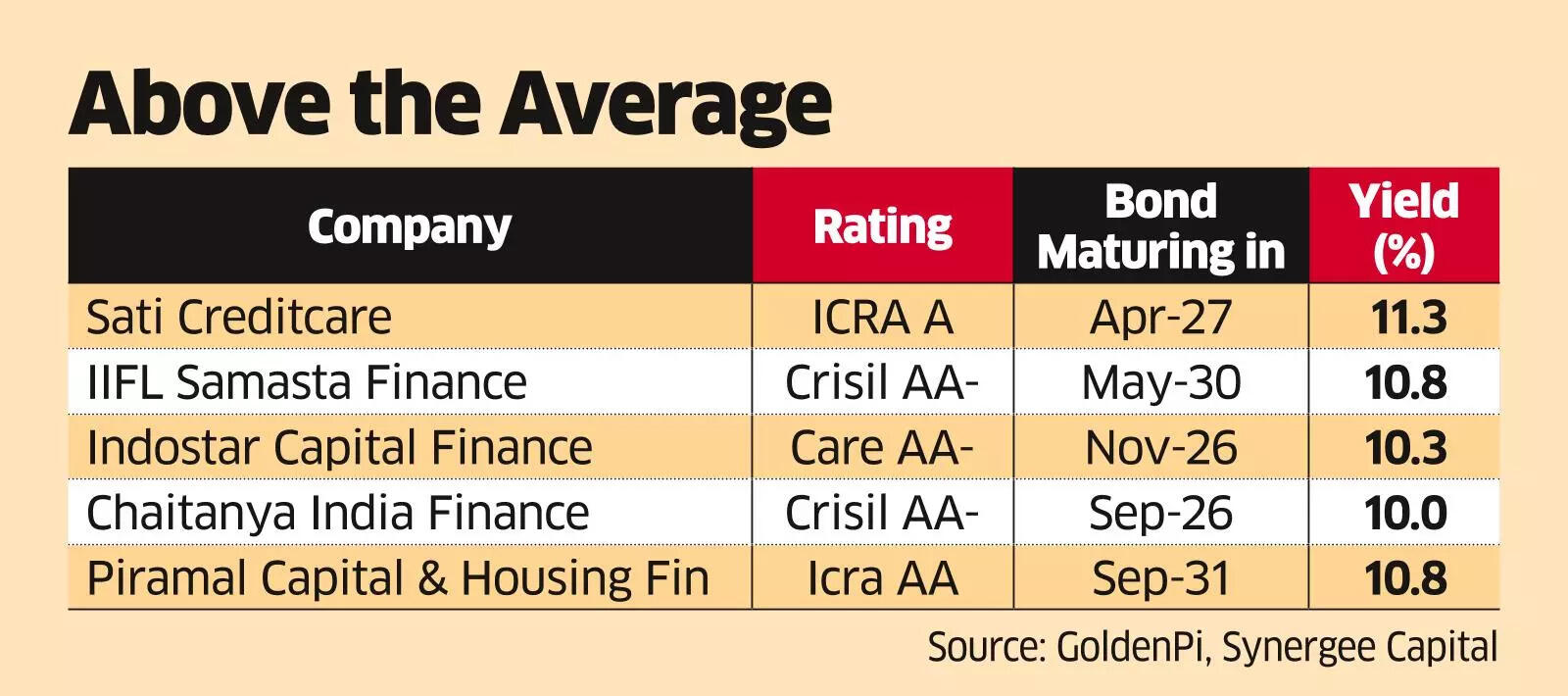Meta's Defense Takes Center Stage As FTC Monopoly Trial Evolves

Table of Contents
Meta's Core Arguments Against Anti-Competitive Behavior
Meta's defense against accusations of monopolizing the social media market rests on several key pillars. They argue that the market is far more dynamic and competitive than the FTC portrays. The core of their argument challenges the very notion of market dominance.
- Robust Competition: Meta emphasizes the significant competition it faces from other social media platforms. The rise of TikTok, the resurgence of Twitter under new ownership, and the continued presence of other platforms like Snapchat and Instagram’s Reels feature, all point towards a vibrant and competitive market, according to Meta's legal team. They argue that users actively switch between platforms based on preference and trends, negating the idea of a locked-in user base.
- Dynamic Market Landscape: The social media landscape is constantly evolving, with new platforms and features emerging regularly. Meta contends that this dynamic environment prevents any single company from achieving true market dominance. The rapid changes in user preferences and technological advancements further contribute to this argument.
- Challenging Market Dominance Claims: Meta directly challenges the FTC's assertion of its market dominance. They argue that while they hold a significant market share, this does not equate to monopolistic power. They point to the ability of competitors to gain traction and user bases as evidence against the FTC’s claims.
- Innovation, Not Suppression: A crucial aspect of Meta's defense is the assertion that their actions have fostered, not stifled, innovation. They highlight their ongoing investments in research and development, the continuous evolution of their platforms, and the introduction of new features to retain and attract users.
The Acquisition Defense: WhatsApp and Instagram
The acquisitions of WhatsApp and Instagram are central to the FTC's case. Meta’s defense counters these accusations by highlighting the pro-competitive aspects of these mergers.
- Pro-Competitive Synergies: Meta argues that the acquisitions of WhatsApp and Instagram resulted in increased innovation and consumer benefits. They point to the integration of features and functionalities across platforms, allowing for a richer user experience.
- Enhanced Innovation and Consumer Benefits: The company emphasizes the significant improvements in features, security, and accessibility resulting from these acquisitions. They cite examples of cross-platform functionalities and enhanced user experience as evidence of positive outcomes.
- Refuting Elimination of Competitors: Meta refutes the claim that these acquisitions eliminated potential competitors. They argue that both platforms were already successful in their respective niches and that the acquisitions led to further growth and innovation rather than stifling competition.
- Regulatory Approvals: Meta also points to the regulatory approvals they received at the time of the acquisitions, suggesting that these mergers were deemed pro-competitive by relevant authorities. They argue that the current antitrust scrutiny reflects a shifting regulatory landscape rather than a reflection of their actions at the time.
The Role of Innovation and User Choice in Meta's Defense
A significant part of Meta's defense strategy involves emphasizing their commitment to innovation and user choice.
- Continuous Product Development: Meta highlights its ongoing investments in product development, showcasing continuous improvements and additions to its platforms. This includes new features, enhanced user interfaces, and improvements to privacy settings.
- Data Privacy and Security: Addressing concerns about data misuse, Meta points to initiatives focused on improving user data privacy and security. They discuss the various measures implemented to protect user information and maintain transparency.
- Research and Development Investment: Meta emphasizes its substantial investment in research and development, portraying a commitment to innovation and technological advancement in the social media space. They cite specific examples of research and development projects to support this argument.
- Addressing Data Misuse Claims: Meta actively confronts claims of data misuse and anti-competitive practices related to user data. They address specific allegations and outline their efforts to ensure responsible data handling.
Expert Testimony and Evidence Presented by Meta
Meta’s defense relies heavily on expert testimony and substantial evidence presented in court.
- Expert Witnesses: The company has called upon a range of expert witnesses, including economists, data scientists, and technology specialists, to bolster its arguments. These experts provide analysis on market dynamics, user behavior, and the competitive landscape.
- Key Evidence: The evidence presented includes market share data, user surveys, internal documents demonstrating innovation efforts, and analyses refuting claims of monopolistic behavior.
- Strength and Weaknesses of Meta's Evidence: While Meta aims to demonstrate a competitive market and its commitment to innovation, the strength of their evidence will be subject to scrutiny and counterarguments from the FTC.
- Comparison to FTC Evidence: The court will compare the evidence presented by Meta with that presented by the FTC to determine the validity of each side's claims. This comparison will be a crucial part of the judge's decision-making process.
Conclusion
The Meta Monopoly Trial is a complex and multifaceted legal battle with far-reaching implications for the tech industry. Meta's defense strategy, focusing on competition, innovation, user choice, and regulatory approvals at the time of acquisitions, aims to counter the FTC's accusations of anti-competitive practices. The outcome will significantly influence future tech regulation and the approach to mergers and acquisitions in the digital marketplace. The case highlights the challenges of balancing innovation with competitive practices, a key consideration for regulators worldwide.
Call to Action: Stay updated on the developments in this crucial Meta Monopoly Trial and its impact on the future of social media and technology. Follow [link to your website/relevant news source] for ongoing coverage and analysis of the legal proceedings and further insights into the evolving landscape of antitrust law in the tech sector.

Featured Posts
-
 Bof As Take On Elevated Stock Market Valuations A Guide For Investors
May 21, 2025
Bof As Take On Elevated Stock Market Valuations A Guide For Investors
May 21, 2025 -
 Tyler Bate Returns To Wwe Raw Reunion With Pete Dunne
May 21, 2025
Tyler Bate Returns To Wwe Raw Reunion With Pete Dunne
May 21, 2025 -
 The Complete Guide To Funkos Dexter Pop Collection
May 21, 2025
The Complete Guide To Funkos Dexter Pop Collection
May 21, 2025 -
 Kaellmanin Nousu Huuhkajien Maalintekotaidon Parantaminen
May 21, 2025
Kaellmanin Nousu Huuhkajien Maalintekotaidon Parantaminen
May 21, 2025 -
 Plouzane Et Clisson Laureats De La Mission Patrimoine 2025 Pour La Restauration De Leur Patrimoine
May 21, 2025
Plouzane Et Clisson Laureats De La Mission Patrimoine 2025 Pour La Restauration De Leur Patrimoine
May 21, 2025
